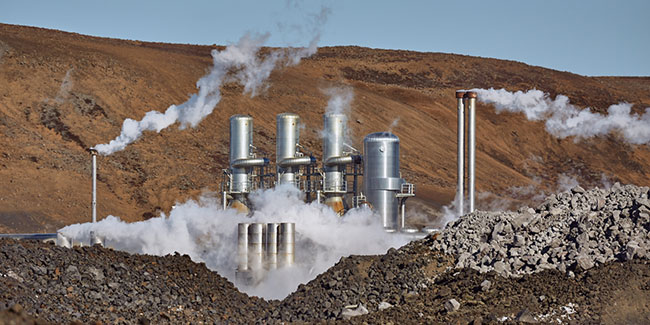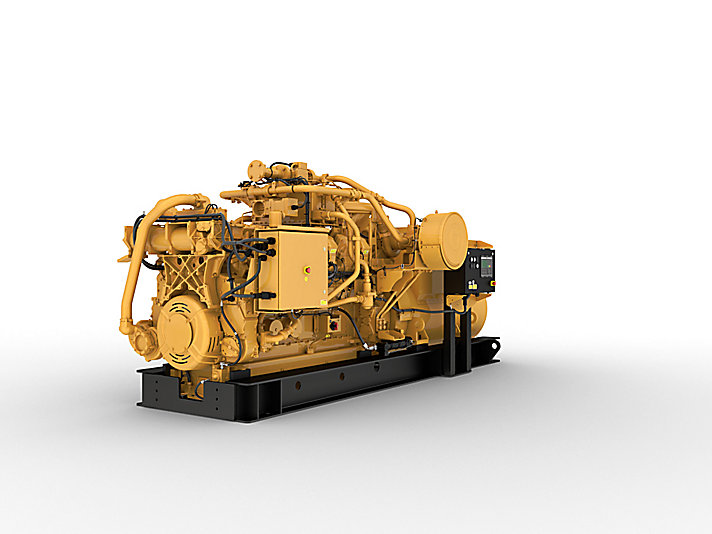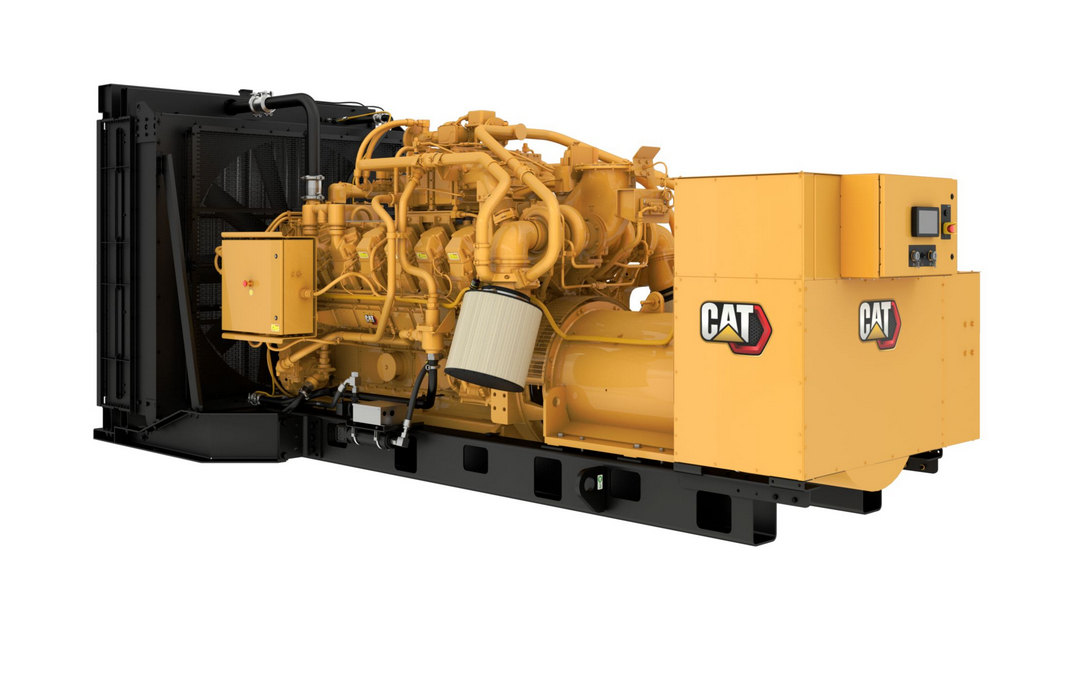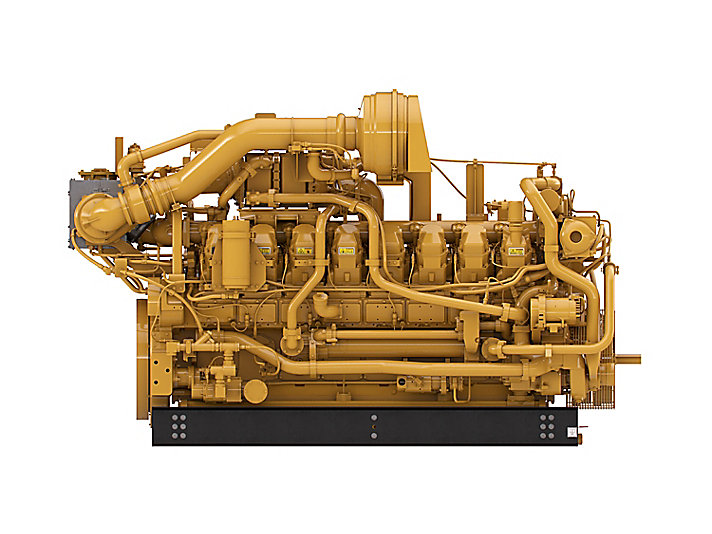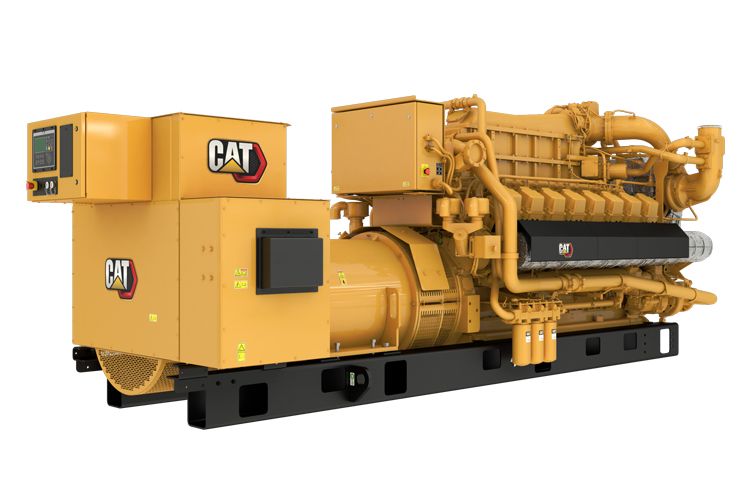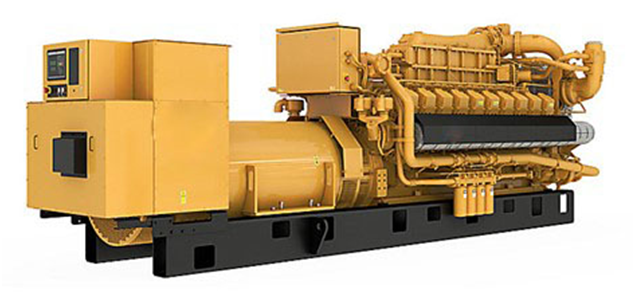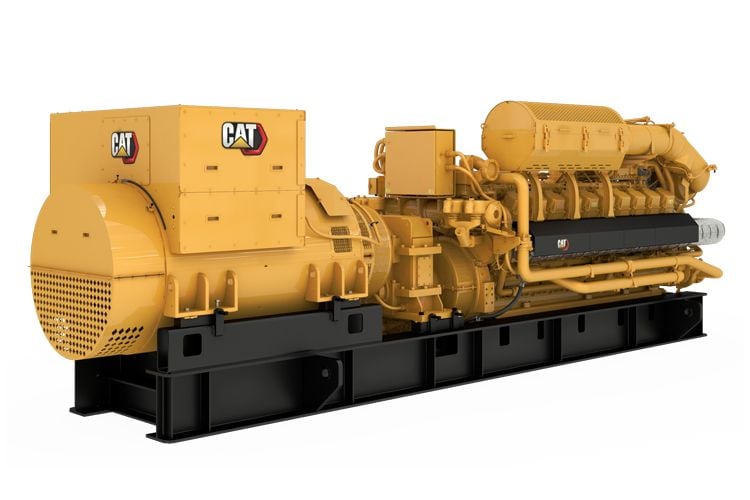Diverse Solutions for Industry Excellence
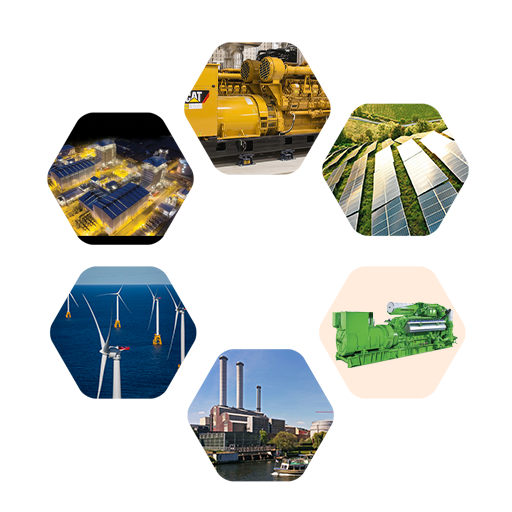
Max International is a leading provider and implementer of solar power plants, committed to utilizing advanced technologies tailored to diverse climatic conditions. With a comprehensive understanding of regional needs and extensive experience in designing and executing solar projects, we deliver renewable energy systems with the highest levels of efficiency and performance to our clients.
Advantages of Partnering with Max International
Specialized Designs for Local Climate Conditions
Max International designs solar plants with high efficiency and durability by thoroughly analyzing the climatic and geographical characteristics of the area. For regions with intense sunlight and high temperatures, we utilize state-of-the-art solar panels and equipment to ensure maximum energy output.
Customized Projects Aligned with Client Needs and Budgets
With a wide portfolio of reputable European and Asian brands, Max International provides optimal solutions tailored to client budgets. This flexibility ensures that projects are executed with the best price-quality balance and meet specific client requirements.
Comprehensive Project Management from Design to Maintenance
From design and installation to support and after-sales service, our team manages projects comprehensively to ensure clients consistently benefit from optimal performance of their solar plants. Our commitment to sustainability and uninterrupted operation guarantees a seamless experience for our clients.
Cost Reduction and Rapid Return on Investment
Max International’s solar plants minimize operational costs through high-quality panels and cutting-edge technology, enabling a swift return on investment. Clients can also secure stable income by entering electricity sales agreements with the national grid.
The Vision of Collaboration with Max International for Solar Projects
At Max International, we believe solar power plants are not just renewable and sustainable energy sources but also the best solution for developing independent and efficient energy infrastructures. Partnering with Max International ensures your project is executed with precision and expertise, tailored to local conditions, and delivers high energy yields and economic efficiency.
An Energetic Solution
- Small Scale Power Plants
- DIFFERENT TYPE OF MOTOR GENERATORS & ENGINES
- CHP & COMBINED CYCLE POWER PLANTS
- HYDRO POWER PLANTS
- PV PLANTS
- WIND ENERGY
- MULTI FUEL POWER PLANTS
- SPARE PARTS FOR EXISTING POWER PLANTS
- OVERHAUL INSTALLATION, SERVICE, REPAIRE & MAINTENANCE OF ALL TYPEs OF POWER PLANTS
- Gas Power Plants
- GEO THERMAL POWER PLANTS
Small Scale Power Plants
Small-scale power plants, also known as distributed generation or decentralized power systems, are electricity-generating units that are smaller in size compared to large, centralized power plants. They can be located close to the point of use and often utilize renewable energy sources such as solar, wind, or biomass. Here are some key points:
Renewable Energy Sources: Many small-scale power plants rely on renewable resources, which helps reduce carbon emissions and promote sustainability.
Efficiency: By generating power close to where it is used, these systems can reduce transmission losses that occur over long distances.
Flexibility: They can be implemented in various locations, including urban, rural, and remote areas, providing electricity to places that might not be connected to the main power grid.
Energy Security: Small-scale power plants can enhance energy security by diversifying the energy supply and reducing dependence on large, centralized power plants.
Economic Benefits: They can create local jobs and stimulate economic growth by promoting the development of local energy resources.
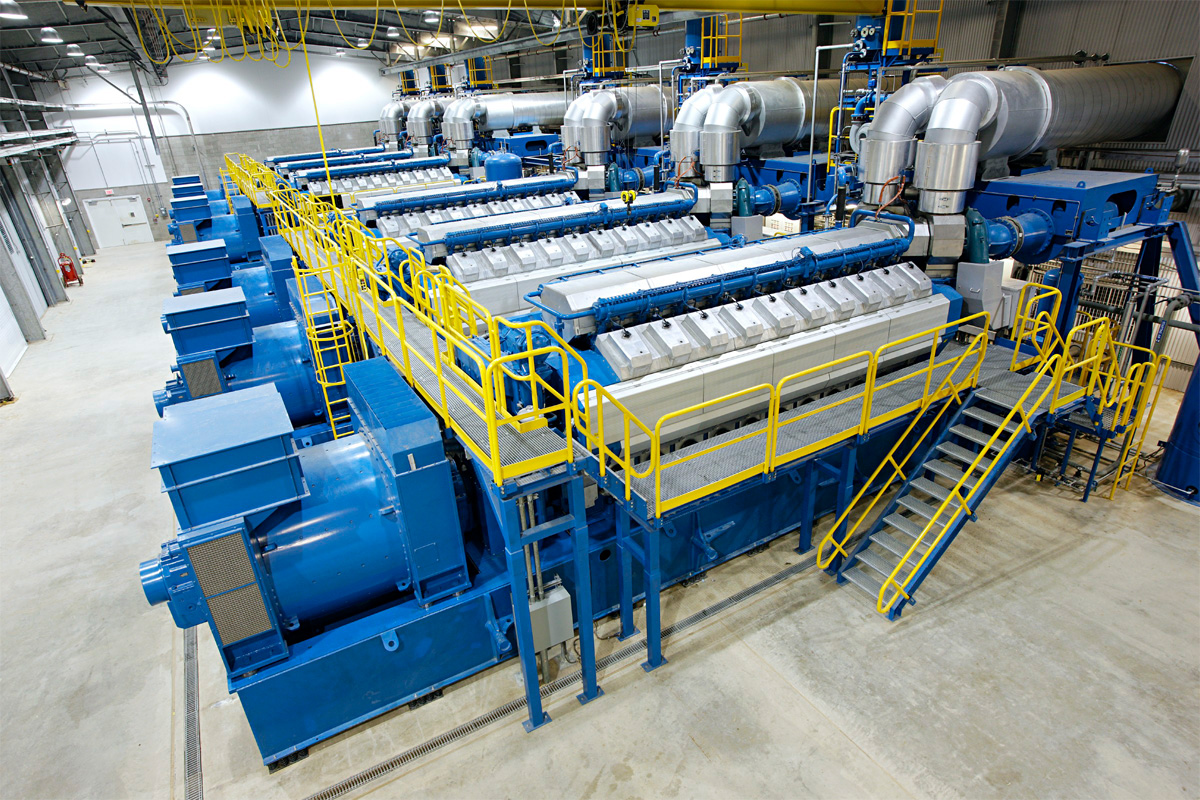
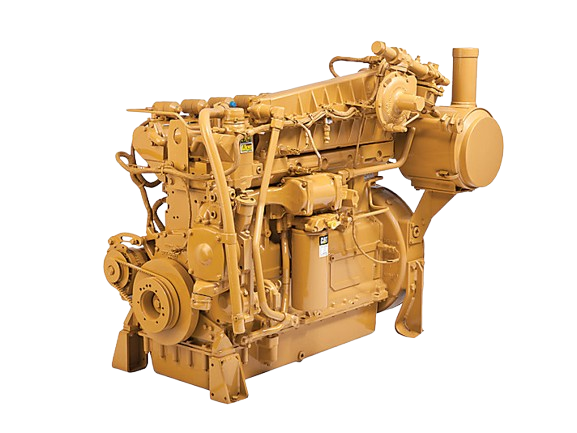
Different Type Of Motor Generators & Engines
As a supplier of power plant equipment, choosing reputable and high-quality brands is crucial for ensuring customer satisfaction and optimal performance. One of the brands we highly recommend to our clients is Caterpillar.
Caterpillar, a leader in the production of diesel and natural gas engines, has played a pivotal role in the energy supply sector. Through advanced technology and a team of experts, Caterpillar has developed engines that offer excellent performance and efficiency, helping to optimize fuel consumption and reduce operational costs.
Quality and Reliability
Caterpillar engines are designed and manufactured using high-quality materials and cutting-edge technologies. These durable and reliable engines are engineered for continuous and uninterrupted operation under harsh and complex conditions. This reliability has made Caterpillar a preferred choice in the power generation industry.
High Efficiency and Fuel Savings
One of the key advantages of Caterpillar engines is their high efficiency and optimal fuel consumption. Leveraging modern combustion technologies, these engines minimize fuel usage while providing high power output. This not only reduces fuel costs but also lowers environmental impacts.
Support and After-Sales Services
Caterpillar ensures that customers have access to the necessary services and spare parts through an extensive support network and a wide range of dealerships. This commitment to support plays a crucial role in building trust and customer satisfaction.
Product Diversity and Applications
Caterpillar engines come in various models and are designed for a wide range of applications, including power generation, transportation, construction, and marine industries. This product diversity allows customers to select the best option based on their specific needs.
Conclusion
With its advanced technologies, high-quality materials, and comprehensive after-sales support, Caterpillar plays a significant role in enhancing efficiency and reducing operational costs in power plants. Choosing Caterpillar engines means opting for quality, reliability, and high performance. Therefore, recommending this brand to clients is a strategic and smart decision that can improve power plant performance and increase customer satisfaction.
CHP and COMBINED CYCLE POWER PLANTS
Combined Heat and Power (CHP), also known as cogeneration, is a highly efficient process that generates electricity and useful heat simultaneously from the same energy source. This method is more efficient than conventional power generation because it utilizes the heat that would otherwise be wasted
Combined Cycle Power Plants (CCPP), on the other hand, use both gas and steam turbines together to produce more electricity from the same fuel than a traditional simple-cycle plant
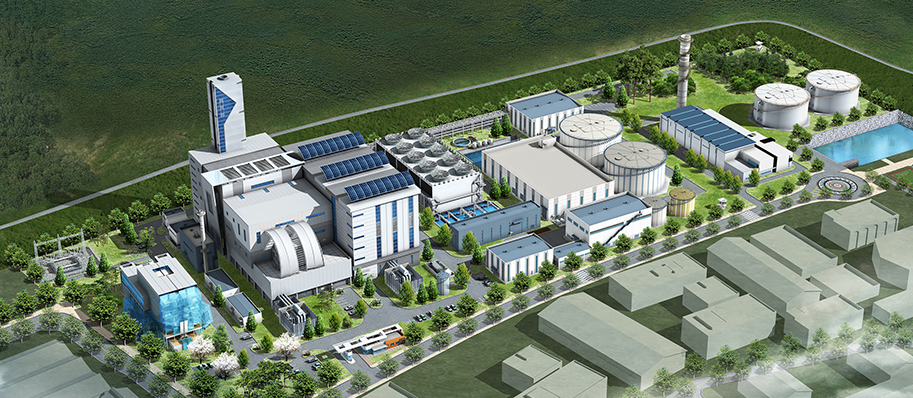
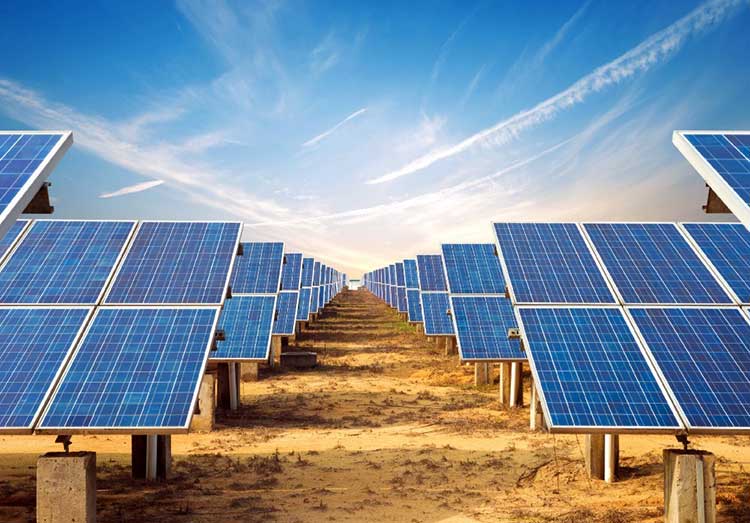

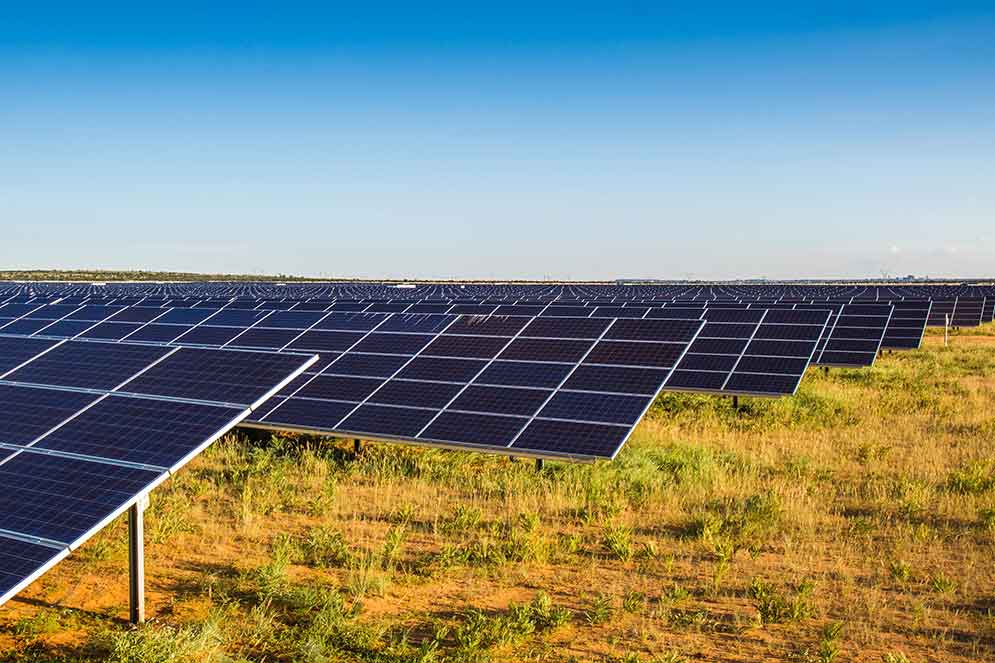
Solar Power Plants
Grid-Tied Solar Power Plants
Grid-tied solar power plants are connected directly to the local utility grid. These systems use solar panels to generate electricity, which can be used to power homes and businesses during daylight hours. Any excess energy produced can be fed back into the grid, often earning credits through net metering programs. This solution is ideal for reducing electricity bills and increasing the use of renewable energy without the need for extensive battery storage systems.
Off-Grid Solar Power Plants
Off-grid solar power plants are designed to operate independently of the local utility grid. These systems are typically equipped with solar panels, inverters, and battery storage systems to ensure a continuous power supply, even during periods of low sunlight. Off-grid solutions are perfect for remote areas where grid connectivity is unavailable or unreliable, providing a sustainable and self-sufficient energy source.
Hybrid Solar Power Plants
Hybrid solar power plants combine the benefits of both grid-tied and off-grid systems. They are connected to the utility grid but also include battery storage to store excess energy. This ensures that power is available during outages or periods of low solar production. Hybrid systems are versatile and provide increased energy security, making them suitable for both residential and commercial applications.
Floating Solar Power Plants
Floating solar power plants, also known as floatovoltaics, involve installing solar panels on bodies of water such as lakes, reservoirs, and ponds. This innovative approach helps to save land space and reduces water evaporation, benefiting both energy production and water conservation. Floating solar plants are particularly effective in areas with limited land availability and high solar radiation.
Community Solar Power Plants
Community solar power plants enable multiple households or businesses to share the benefits of a single, large solar installation. Participants buy or lease a portion of the solar plant’s capacity and receive credits on their electricity bills based on their share of the energy produced. This solution democratizes access to renewable energy and allows communities to collectively reduce their carbon footprint.
Concentrated Solar Power (CSP) Plants
Concentrated Solar Power plants use mirrors or lenses to concentrate sunlight onto a small area, generating high temperatures that are used to produce steam and drive a turbine to generate electricity. CSP plants are typically used for large-scale power generation and can include thermal storage systems to provide electricity even after the sun has set. This solution is ideal for regions with high direct solar radiation and is capable of providing stable, large-scale energy production.
These descriptions can provide a starting point for understanding the diverse range of solar power plant solutions available. If you need more detailed information or have specific requirements, feel free to ask!
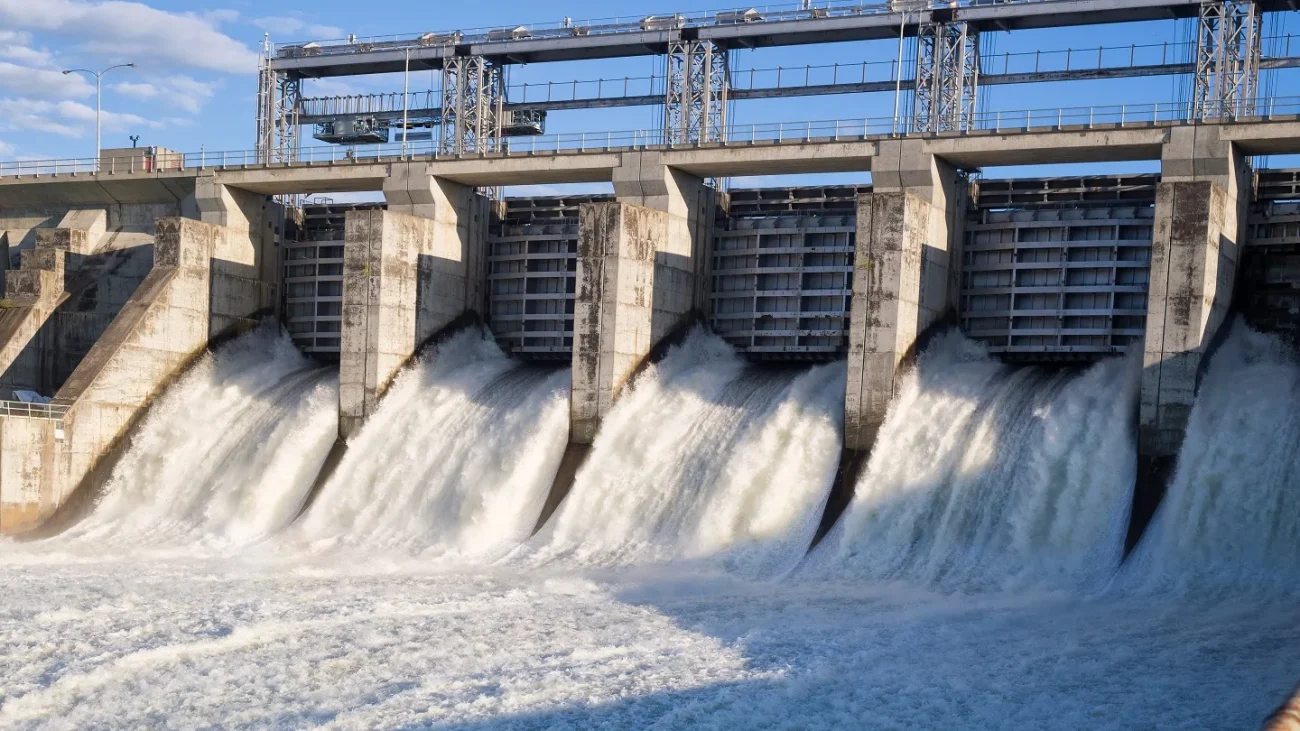
HYDRO POWER PLANTS
Hydropower Plants harness the energy of flowing or falling water to generate electricity.
Run-of-River Plants: These plants use the natural flow of a river. They usually have limited storage capacity, so they depend on the river’s continuous flow for operation.
Reservoir (Storage) Plants: These plants store large amounts of water in a reservoir created by a dam. The stored water can be released as needed to generate electricity, providing a reliable and adjustable power supply.
Pumped-Storage Plants: These plants store energy by pumping water from a lower reservoir to an upper reservoir during low demand periods. During high demand periods, the water is released back down to the lower reservoir, generating electricity.
MULTI FUEL POWER PLANTS
Multi-fuel power plants are designed to generate electricity using more than one type of fuel
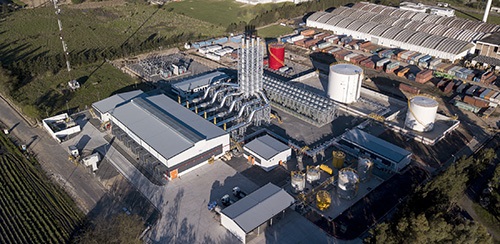
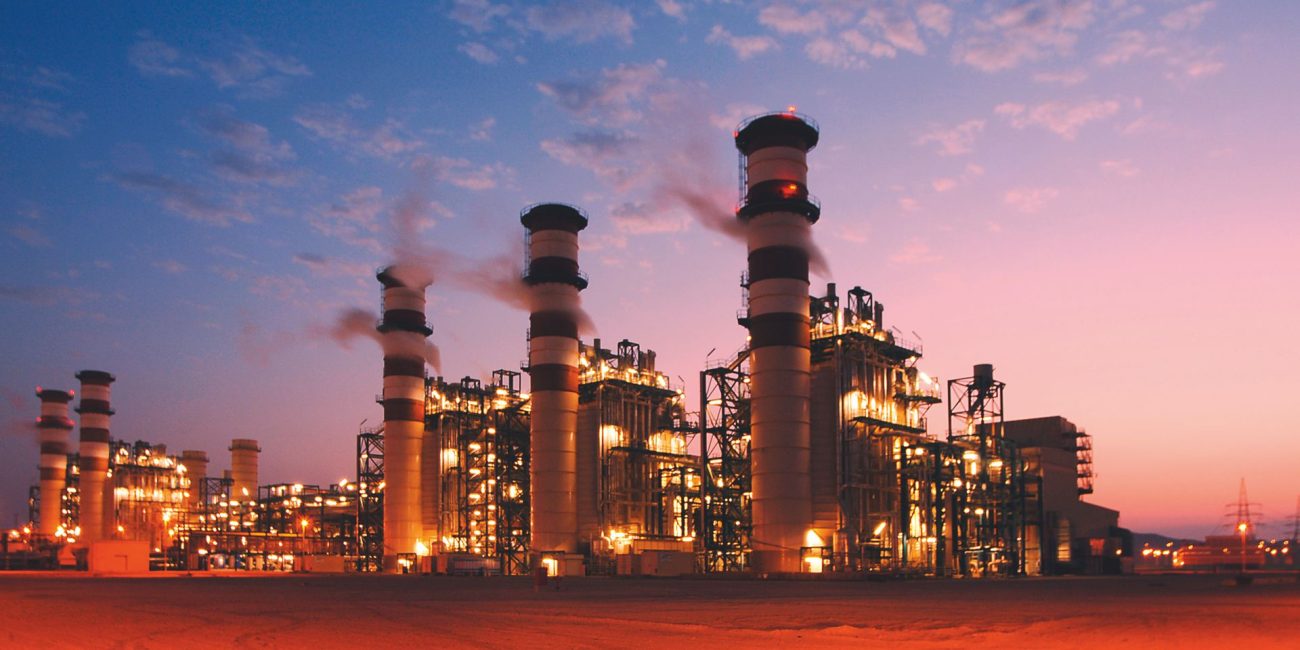
Gas Power Plants
Gas power plants, also known as natural gas power plants, are thermal power stations that burn natural gas to generate electricity. They are a significant source of electricity worldwide, contributing to over 20% of global electricity production
Geothermal Power Plants
Geothermal power plants use steam produced from reservoirs of hot water found a few miles or more below the Earth’s surface. This steam rotates a turbine that activates a generator, producing electricity.
